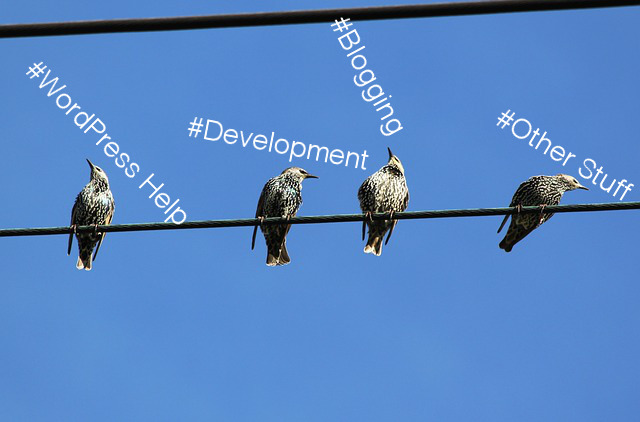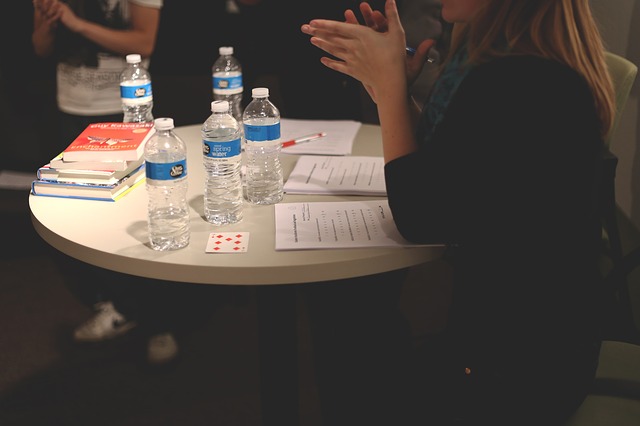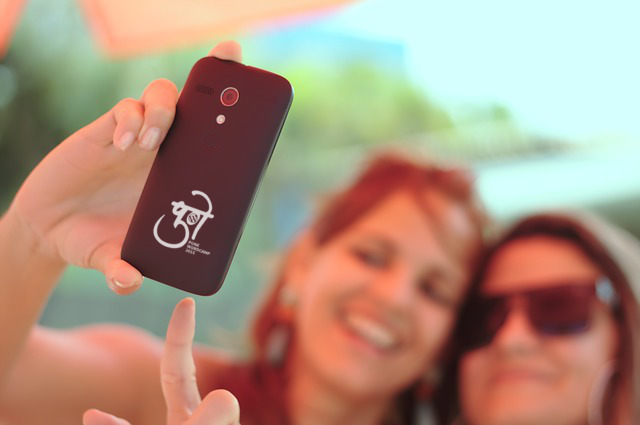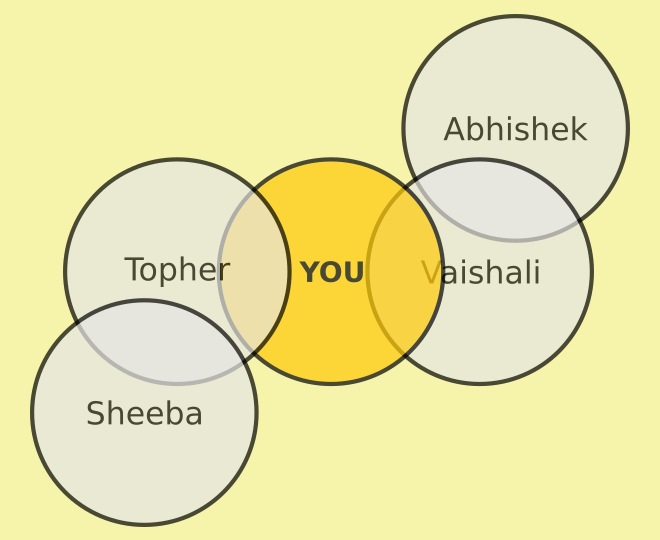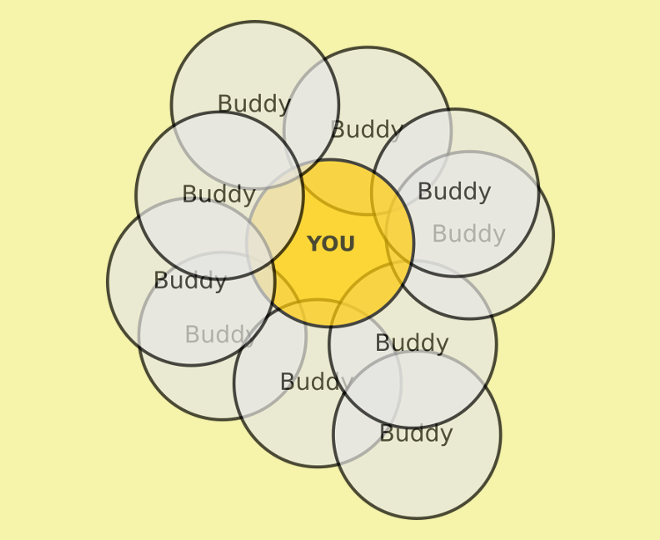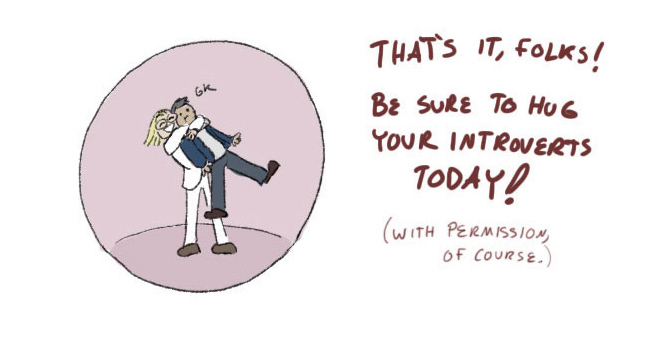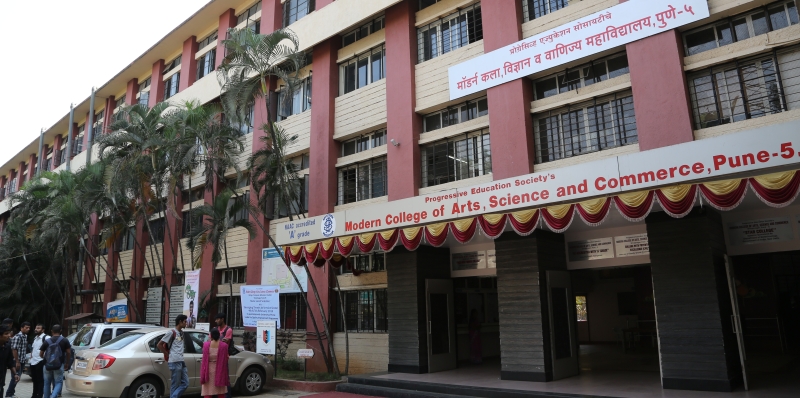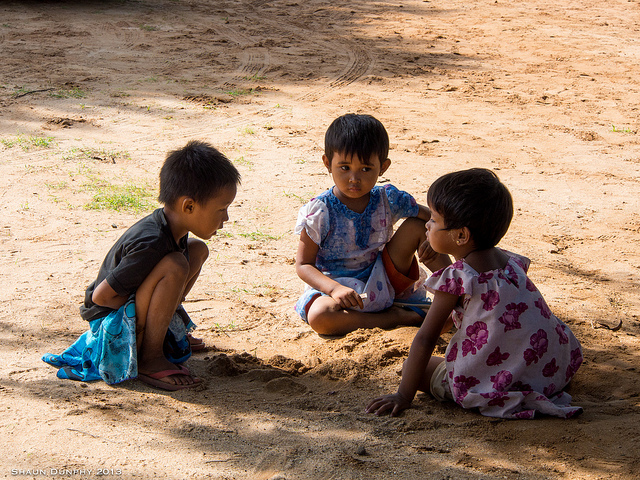
In a series of posts, we lay bare our processes and list the tools that we use. For the sake of absolute transparency and so that other events may pick up a few, since we’ve already tried and tested them. We’ll be revealing the organiser selection, speaker selection and volunteer selection criteria and processes.
If you’ve read the previous transparency reports, some of this would be very obvious. Still, there were only two factors that we considered when we decided upon a speaker:
1. Great facilitators, not just good speakers
It is easier to speak on a stage to an audience than interact with the audience and facilitate the transfer of knowledge from you (or someone else) to the audience and use the feedback and cues to mould your session to what works and not a pre-decided and rehearsed speech.
We did not select a lot of great speakers because we found the interaction lacking. We selected some whose language or presentation skills or even speech delivery wasn’t that great but they were very interactive and hence were way more interesting!
2. Advanced users, not necessarily experts
There are two choices that we faced sometimes when selecting a speaker. Should we select an expert who’s not a good speaker or should we select a good speaker who’s probably not an expert but has decent enough knowledge.
WordCamp after WordCamp we’ve learnt that there are enough experts in the audience who are more than ready to participate and help both the speaker and the rest of the audience with their knowledge.
So, we decided to have great speakers on stage instead of experts. Luckily, almost all of our speakers are also experts on the topics they are dealing with. So it worked out automatically most of the times.
There were other secondary factors that were also considered but the first two took absolute precedence.
3. Open to formats other than lectures/ talks
Some topics can only be dealt with in a lecture or talk while others can be taken in a workshop, QnA or any such interactive format. Speakers who were excited about such changes were given priority over speakers who would rather give a speech!
4. Compulsory demos
We didn’t approve a single speaker who we haven’t seen or heard speaking before. We asked for previous videos from those who we hadn’t heard in a previous conference.
We asked those who didn’t have such videos to record videos for us to consider. Some of them even held demo sessions in their workplace that they recorded and sent across. Some others came down in person in our meetups to deliver their sessions.
In the end, we based our decisions on our own experience and the audience’s reaction.
5. No fame seekers and VIPs
In our communication with speakers, sooner or later it became very clear that some speakers wanted special VIP treatment or wanted to speak to become famous.
A special quality of such applicants is extensive name dropping and excessive communication about who they are and where have they spoken rather than what they are going to speak about. As soon as we realised this, we put them on the dicey list. They were also interested in discussing the publicity options more than the actual content of their talks.
Which is why probably, none of them actually had any well thought of and interesting topics or well structured, well planned content of good quality. It doesn’t mean that you will not find an exception of someone with great content but lousy intentions. If we had met such an applicant, we might have accepted them due to our first criteria. You can make your own choice.
6. Technically sound session structure
We included two questions in our application form. One was about the Magic Number 7 and other was about Chunking. Both the concepts deal with our working memories where information is stored in the run time before turning it over to short term or long term memory for storage.
Magic Number 7
The theory of magic number seven says that our working memories can only hold seven instances or chunks of information at a time. It varies by +/- 2 in individuals. So the maximum information everyone can gather in their working memory is about five chunks! Anything more than that would be useless as it will overflow and be lost.
So, if you provide 9 pieces of information, 2 will be lost for some and 4 for some more. That’s why, a 10 digit phone number can’t be remembered together: 9224198765.
Chunking
However, by bundling multiple pieces of information into chunks, one could place more things in the working memory. For eg, the number above can be presented as 922 419 8765. Now there are just 3 chunks instead of 10 and it is easier to process! That’s why numbers are written in chunks.
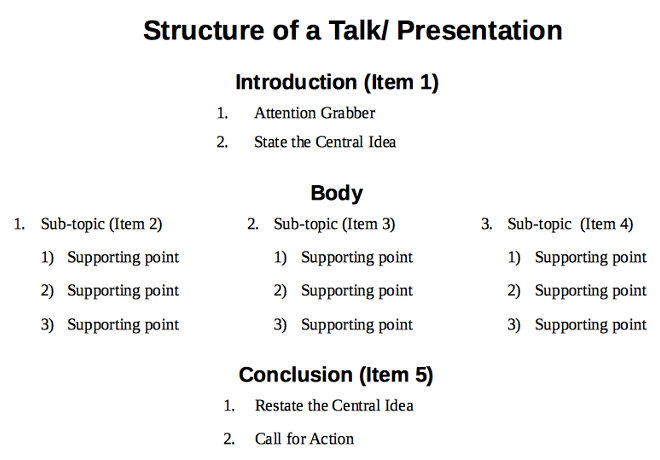
We were looking for speakers who understood this, so as to structure their presentations into 3-5 chunks/ points and at the most 3-5 sub-points. The topic’s introduction and conclusion themselves form 2 chunks!
